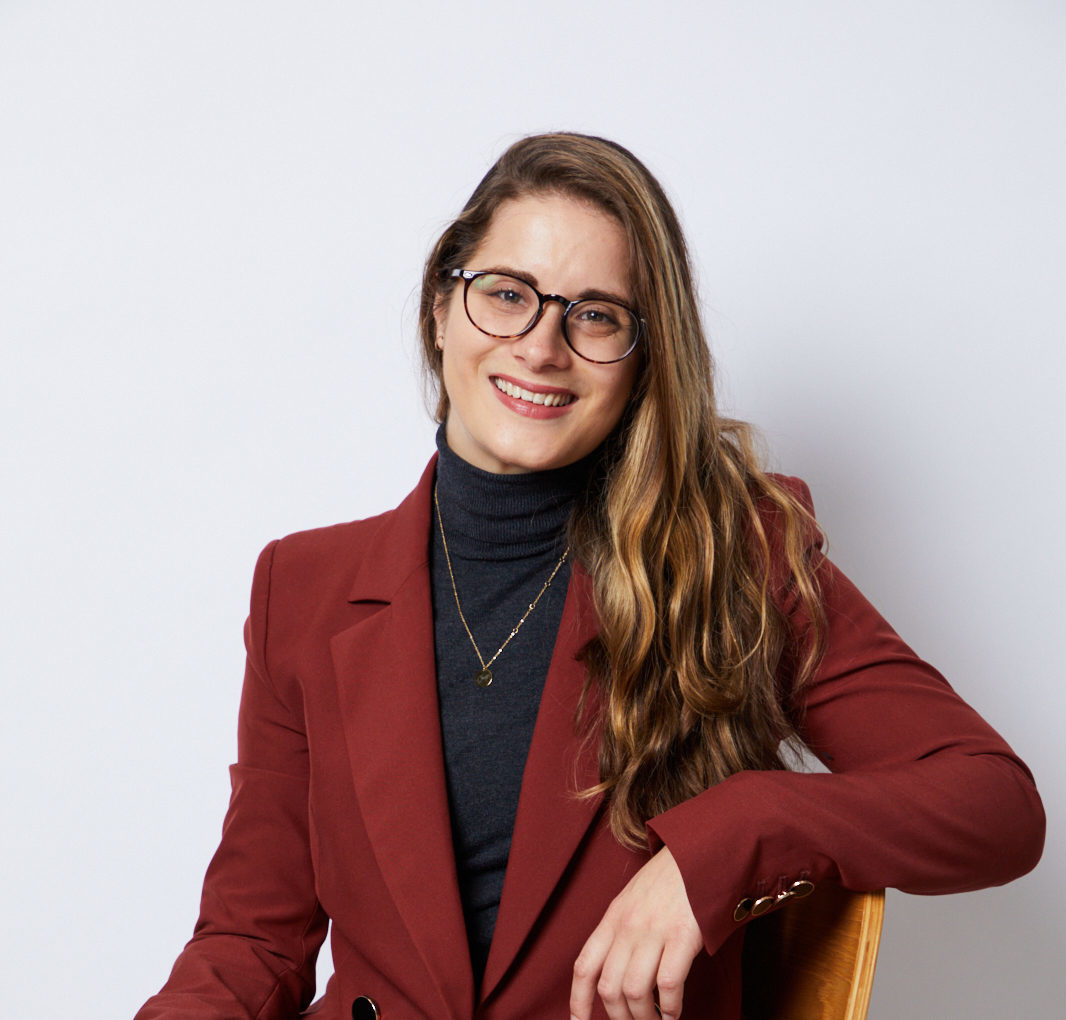News, Publications & Events

Erin McCullagh on 28 9月 2024
Jun moved from Japan to Australia at age 15. He is currently working as a Director of Anaesthesia in Portland, Victoria. Jun completed a master’s degree in the history of anaesthesia. He also writes, produces and performs late 1970s-early 1980s style Japanese city-pop.
On gaining skills in community-focused care…
I studied rural and remote medicine as my initial specialty. After graduating high school, I chose James Cook University. James Cook University School of Medicine had recently been built and was welcoming their first graduate at the time. Perhaps most significantly, James Cook University has a strong focus on rural, remote, tropical, and indigenous health.
One of my mentors advised me that if I studied anaesthesia in addition to rural medicine, I would be able to provide even more community-focused care to regional and rural communities. So I went back to the hospital system and studied anaesthesia.
Having specialised in rural health and anaesthesia, I am now completing a master’s degree focused on the history of regional anaesthesia. My research investigates 18th-century regional anaesthesia practices and their relevance to modern techniques from a global perspective. Notably, Japan was performing surgeries under general anaesthesia 40 years before it was widely adopted in the West, making significant contributions to the field, including the development of regional anaesthesia or 'nerve block.' This technique, which numbs specific nerves usually via local anaesthetics, complements Japan's cultural emphasis on precision and dexterity.
Regional anaesthesia is also well-practiced in Australia, offering a safer alternative for patients with risk factors such as heart or lung disease, or those at risk of dementia. By allowing at-risk patients to receive care locally, without the need for long-distance travel to larger hospitals, regional anaesthesia supports a more community-focused approach to healthcare.
On managing work-life balance…
I’ve gained an understanding of the importance of work-life balance since moving to Australia. One of my important tips would be to leave your comfort zone. If you can leave your comfort zone and observe how other people work in other environments, this can inform your future career.
I would also recommend avoiding taking on too many responsibilities and projects. I always think hard about whether I can take on new projects given my current schedule, and if I do, whether this will compromise my stress levels.
On connecting with Japan through music…
I reinterpret Japanese retro pop music through original music. I grew up listening to a lot of Japanese folk songs and pop songs from the 1970s and 1980s - including city pop.
City pop musicians tried to approximate their music as much as possible to the Western pop music of the 1970s and 1980s. They did this by incorporating jazz, fusion, soul, disco, and funk to music that would normally be considered Japanese in order to sound ‘untraditional’ and ‘urban’. Ironically, Western audiences nowadays interpret city pop as being uniquely Japanese.
From immersing myself in this style of music, I’ve learned that it’s impossible to forget how the place you grew up has influenced you - in my case, Japan. I have learned to embrace my mixed Japanese heritage through this music and use it to express myself creatively.
The more connections you build from different aspects of your life, the bigger the community that you are part of becomes.
On pursuing a diverse approach to engaging with Australia and Japan…
If you have a passion for Japanese-Australian relations, you can apply this to all aspects of your life – not just your work. You can apply the same concept of building connections between the two countries to your hobbies and other interests. The more connections you build from different aspects of your life, the bigger the community that you are part of becomes.
My music career happened through serendipitous meetings and advice. I could have easily not taken it seriously, or questioned whether I even had what it takes to pursue this path. But the only thing that's certain is if you don't take action, then nothing will happen, and you won’t build valuable connections.